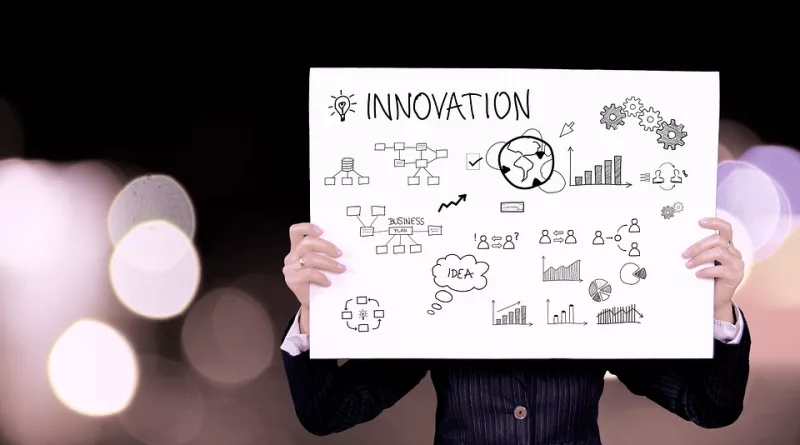Innovative Technologies for Depression Treatment: A New Frontier
Innovative Technologies for Depression Treatment: A New Frontier
Depression is a common mental health disorder that affects millions of people worldwide. Traditional treatments for depression such as medication and therapy have been effective for many individuals, but there is a growing interest in utilizing innovative technologies to enhance treatment options and outcomes. In this article, we will explore some of the latest technologies being used in the treatment of depression and how they are changing the landscape of mental health care.
Virtual Reality Therapy
Virtual reality (VR) therapy is a cutting-edge technology that is being used to treat a variety of mental health conditions, including depression. In VR therapy, individuals are immersed in a computer-generated environment that is designed to simulate real-world experiences. This technology allows therapists to create controlled and immersive environments that can help individuals confront their fears and anxieties in a safe and gradual manner.
Research has shown that VR therapy can be an effective treatment for depression, particularly for individuals who may be resistant to traditional forms of therapy. By using VR technology, therapists can create personalized treatment plans that cater to the specific needs and challenges of each individual.
Transcranial Magnetic Stimulation (TMS)
Transcranial magnetic stimulation (TMS) is a non-invasive procedure that uses magnetic fields to stimulate nerve cells in the brain. This technology has been approved by the FDA for the treatment of depression in individuals who have not responded to traditional forms of treatment.
TMS works by targeting specific areas of the brain that are associated with mood regulation and depression. By stimulating these areas, TMS can help restore balance in the brain and alleviate symptoms of depression. This technology is typically administered in a clinical setting and does not require sedation or anesthesia.
Mobile Apps and Wearable Devices
Mobile apps and wearable devices are becoming increasingly popular tools for managing depression and promoting mental wellness. These technologies can provide individuals with resources and support at their fingertips, allowing them to track mood changes, access coping strategies, and connect with mental health professionals.
Many mobile apps and wearable devices are equipped with features such as mood tracking, mindfulness exercises, and cognitive-behavioral therapy tools. These tools can help individuals better understand their emotions and behaviors, and develop healthy coping mechanisms to manage their depression symptoms.
Conclusion
Innovative technologies are revolutionizing the way depression is treated and managed. Virtual reality therapy, transcranial magnetic stimulation, mobile apps, and wearable devices are just a few examples of the cutting-edge technologies that are transforming mental health care. By harnessing the power of technology, individuals with depression can access personalized and effective treatment options that suit their unique needs and preferences.
FAQs
1. Are these technologies safe for individuals with depression?
Yes, these technologies have been rigorously tested and researched to ensure their safety and effectiveness for individuals with depression. However, it is important for individuals to consult with a mental health professional before starting any new treatment.
2. Are these technologies covered by insurance?
Some of these technologies may be covered by insurance, depending on the individual’s policy and the specific treatment plan. It is recommended to check with your insurance provider to determine coverage options.
3. How can I access these innovative technologies for depression treatment?
Individuals can consult with mental health professionals or clinics that offer these innovative technologies for depression treatment. Therapists and providers can help individuals determine the most appropriate treatment options based on their specific needs and preferences.


